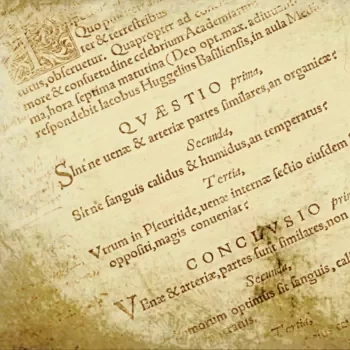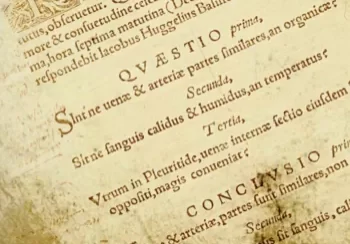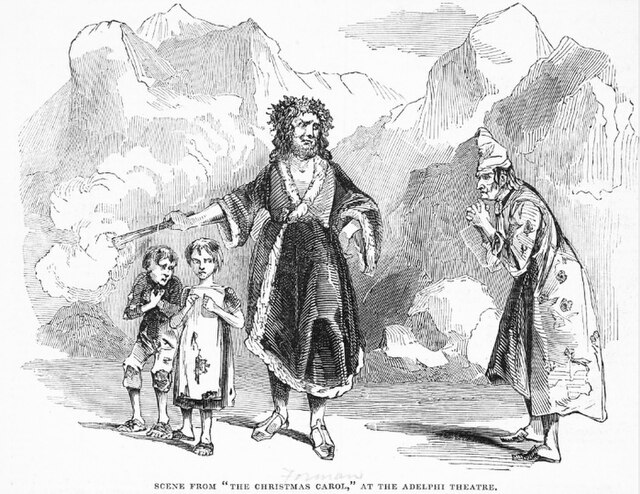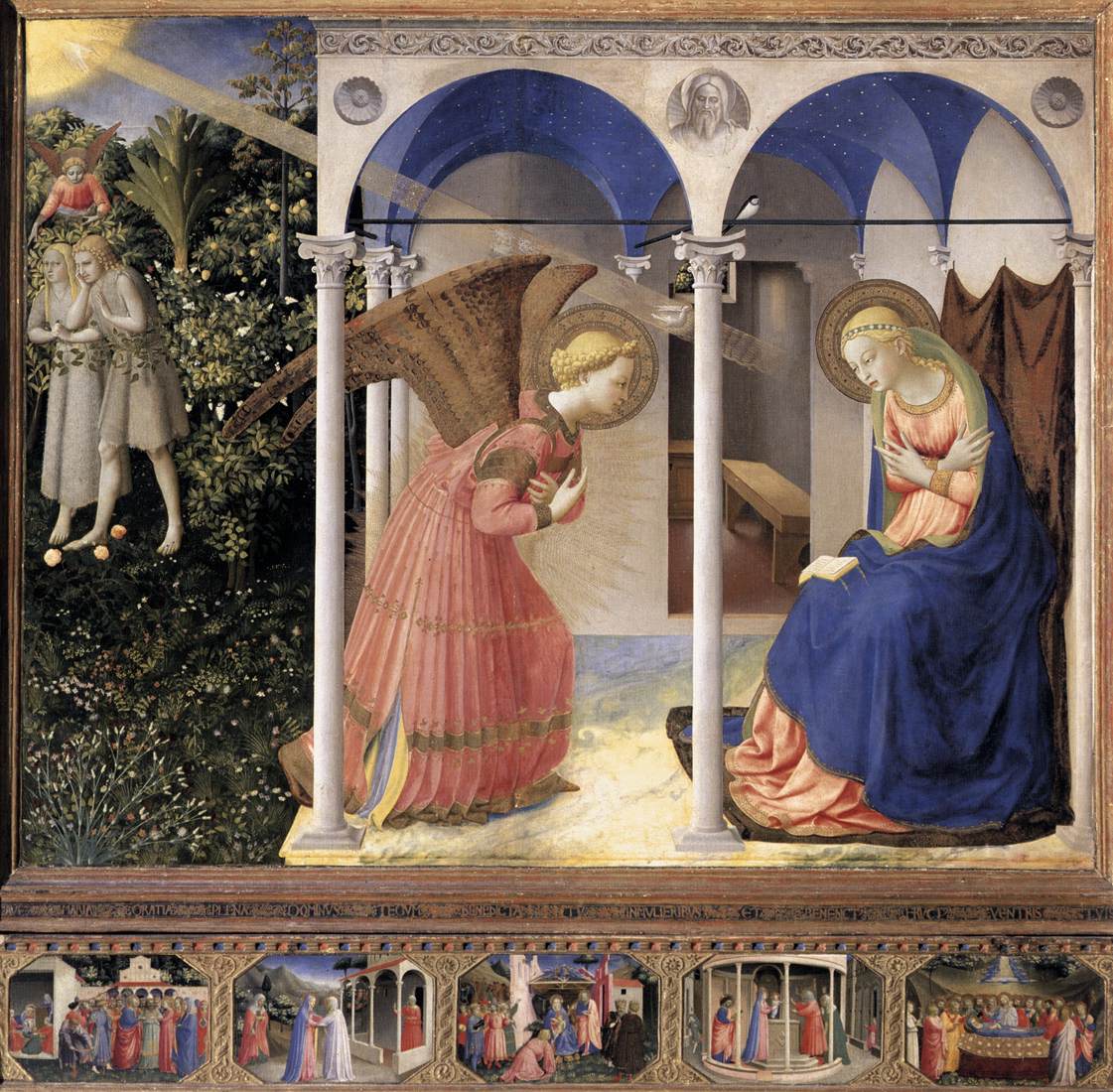
Please note:
We pride ourselves on offering some form of catering or fine hospitality at all of our events; please RSVP if you plan to attend, so we can prepare to welcome you!
Other Events

Alcuin Short Course: Latinitas; Learning Latin Loquaciously
Please note:
We pride ourselves on offering some form of catering or fine hospitality at all of our events; please RSVP if you plan to attend, so we can prepare to welcome you!
This is a past event; please find a list of upcoming events here!
Latin is the language of both Western Civilization (Greek is a close second) and the Catholic Church. To know Latin is to know and understand Western Civilization from within and to better understand the mind, heart and voice of the Church.Contrary to common thought, Latin is not a dead language; it is meant to be spoken. All languages are meant to be spoken, not translated from a textbook. The Latin etymology of the word “language” is lingua which means tongue. Tongues speak and you can even “speak in tongues,” but textbooks don’t have tongues and therefore are dead. Thus, one can argue that textbooks are deadly (but that is a rather morbid topic).Since it’s not possible to meet daily, which is the best way to learn a language, the Alcuin Institute for Catholic Culture, in conjunction with the Diocese of Tulsa and Eastern Oklahoma, is offering a once-a-week, 90-minute Latin instruction session with instructor Mr. David Dean, Superintendent of Catholic Schools for the Diocese of Tulsa and Eastern Oklahoma. Mr. Dean has taught Latin with the oral method for more than 30 years.The class will begin with the oral method for two weeks or more, then (with some remorse) move to a textbook—although still engaging in oral practice and recitation. Though difficult to learn any language with only one class a week, the benefit to studying Latin (and particularly Ecclesiastical Latin) is that it is more recognizable for those who have heard Gregorian Chant or the great hymns that have been composed for the Church.Mirabile dictu, Latin will lift your hearts, Sursum corda, minds and imaginations upwards! It is the lingua angelorum, thus making all other languages the linguae barbaricae. If you don’t understand these Latin words, use your imagination! It is good to be confused for a time! Learning Latin helps you to enhance your vocabulary, think more logically, improve your knowledge of history but most importantly, it is good for its own sake, for goodness sake!Please contact Mr. David Dean at david.dean@dioceseoftulsa.org if you are interested in attending. Classes meet weekly at the Chancery Offices in Broken Arrow on Thursdays, 6:30-8pm, beginning on September 9th and continuing through December 9th. The cost of the course (including provided texts) is $50.00.





